TULARÙ
Wwoof
Wwoof is an acronym that stands for World-Wide Opportunities on Organic Farms. It is a worldwide movement linking volunteers and organic rural projects, promoting cultural and educational experiences based on non-monetary exchange and a non-profit approach Wwoofers offer their work in exchange for board and lodging.
Wwoof Italia is a social promotion association founded in 1999, which links farms scattered all over Italy. There are over 750 hosting farms that make available their premises to share natural farming processes and culture with the association’s travelling members (wwoofers). “Every single farm is one in its kind, and independent. It needs help in its activities and offers a wide range of opportunities to anyone wishing to get involved (agricultural work, animal farming, family help, minor maintenance work). On their part, every traveller has their own personal motivation and interests (finding out about different lifestyles and cultures, exploring new places, learning new skills)” explains the Association’s website. .
Agronomic consultancy is provided by Matteo Mancini, who works for the non-governmental organisation Deafaland applies Regenerative Organic Agriculture (ROA) and Rational Grazing. . “This area’s true calling is animal breeding, so we decided to increase the number of cattle heads making up the existing herd, which had basically taken over this mountain. Now there are around twenty animals”, says Miguel.
ROA and rational grazing
Regenerative Organic Agriculture (ROA) is a theoretical/practical discipline, a non-dogmatic, constantly evolving farming system aiming at helping farms reduce operating costs by restoring soil fertility, making the most of the soil nutrition potential, and improving its organic, mineral, and microbiological components. NGO Deafal promotes ROA through the slogans “Beyond Organic”and
“Regenerating soils to regenerate societies”.
“When Miguel and Alessandra arrived in Tularù, the first thing they did was to make a survey of all the parcels of land and all existing resources – water in the first place. We carried out a topographic survey and drew up a cartography of the site we owned. This helped us plan pastures, which are needed to fulfil this place’s real calling, explains Deafal agronomist Matteo Mancini.
